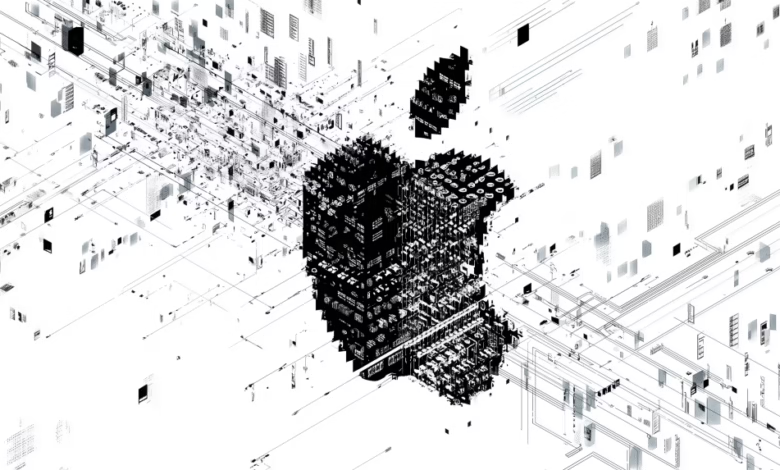Apple Research: Can AI Models Truly Think? Debate Ignites

▼ Summary
– Apple’s research paper argues that large reasoning models (LRMs) don’t truly “think” but perform pattern matching, failing on complex tasks and suggesting they aren’t a path to AGI.
– Critics, including a rebuttal paper co-authored by Claude Opus 4, claim Apple’s methodology is flawed, attributing failures to token limits and task design rather than reasoning ability.
– Apple’s study used classic puzzles to test LRMs, observing performance drops as complexity increased, which some interpreted as models “giving up” on reasoning.
– The debate highlights the importance of evaluation design, showing that output constraints (like token limits) can skew results and that compressed formats may better reveal reasoning capabilities.
– For enterprises, the controversy underscores the need to consider task framing, memory access, and output formats when deploying reasoning LLMs in real-world applications.
The debate over whether AI models can truly think has intensified following Apple’s controversial research paper challenging current assumptions about large language models. The tech giant’s machine-learning team sparked widespread discussion with their study suggesting that advanced AI systems merely excel at pattern recognition rather than genuine reasoning.
Apple’s research focused on testing models like OpenAI’s GPT-4 and Google’s Gemini on classic logic puzzles, including Tower of Hanoi and River Crossing. The study found that as tasks grew more complex, the models’ accuracy dropped sharply, sometimes to zero. The researchers interpreted this as evidence that these systems lack true reasoning capabilities, instead relying on memorized patterns that break down under pressure.
Critics quickly challenged Apple’s methodology, arguing that the study overlooked key limitations in how AI models process information. Prominent voices in the machine-learning community pointed out that many failures stemmed from token constraints, essentially, models ran out of computational “space” to articulate full solutions rather than failing to understand the problems. Some noted that when allowed to provide compressed answers (such as code snippets instead of step-by-step explanations), the same models performed significantly better.
A rebuttal paper titled The Illusion of The Illusion of Thinking further disputed Apple’s conclusions. Co-authored by an independent researcher and Anthropic’s Claude Opus 4, the response demonstrated that adjusting evaluation methods, such as allowing programmatic outputs, eliminated the so-called “reasoning collapse” observed in the original study. This suggests that the issue may lie more with testing frameworks than inherent model limitations.
For businesses integrating AI into workflows, the debate highlights the importance of thoughtful evaluation. Synthetic benchmarks may not always reflect real-world performance, and task design, including output formats and memory constraints, can dramatically influence results. Developers building AI-powered tools must consider whether apparent failures stem from reasoning gaps or simply rigid testing conditions.
The controversy also raises broader questions about how we define intelligence in machines. While Apple’s study suggests current models fall short of human-like reasoning, critics argue that dismissing their capabilities outright ignores nuanced progress in AI problem-solving. As the discussion continues, one thing is clear: how we measure AI performance is just as critical as the models themselves.
For enterprise leaders, the takeaway is practical, before deploying AI solutions, ensure evaluations align with actual use cases. Whether models truly “think” remains an open question, but understanding their operational limits is essential for effective implementation.
(Source: VentureBeat)





